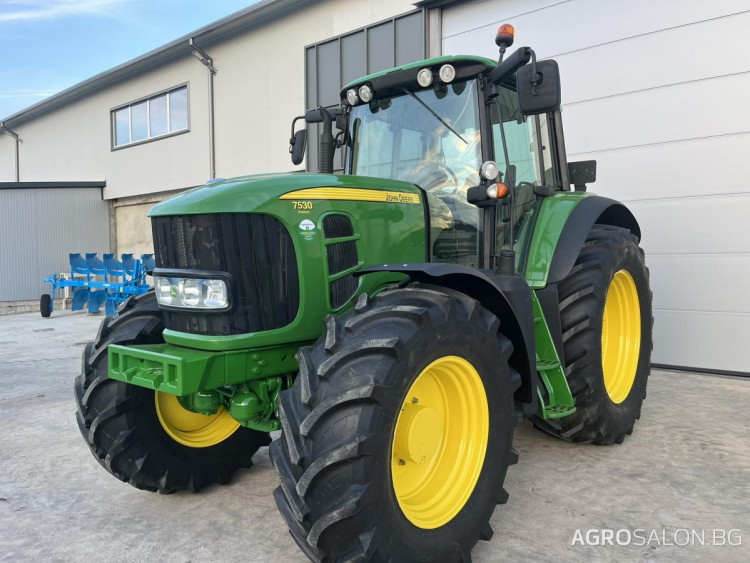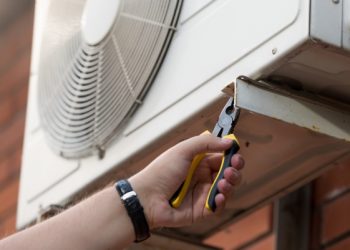When venturing into the market for a used tractor, it’s crucial to approach with a discerning eye and an understanding of what to look out for. A tractor is a significant investment, and even a used one should serve your needs reliably for many years. Here are key factors to consider:
Know Your Requirements:
Before beginning your search, have a clear understanding of what you need in a tractor. Consider the size of your property, the type of work you’ll be doing, and any specific features you require, such as PTO (power take-off), hydraulics, or a certain horsepower range.
Research Models and Brands:
Some tractor brands are renowned for their reliability and longevity. Research various models and brands to understand their strengths and common issues. Online forums, agri publications, and local farming communities can be great resources for insights. Some of the best tractor brands are: John Deere, Case IH, Kubota, Iseki, Yanmar, New Holland, Massey Ferguson etc.
Inspect the Tractor Thoroughly:
When you find a potential tractor, inspect it thoroughly. Check for rust, damage to the body, and wear on tires. Examine the engine for leaks, unusual noises, or excessive smoke during operation. Ensure that all controls, including hydraulics and PTO, are functioning correctly.
Review Maintenance History:
A well-maintained tractor can be a better investment than a newer, less cared for one. Ask for maintenance records to understand how the tractor has been looked after. Regular oil changes, part replacements, and servicing are good signs.
Test Drive:
Always test drive the tractor. This will give you a feel for its operation and help identify any issues with steering, transmission, brakes, and engine performance.
Assess Attachments and Implements:
If the tractor comes with attachments, evaluate their condition as well. Worn or poorly maintained implements can be costly to replace or repair.
Consider Parts Availability:
Make sure that parts for the tractor model are readily available. Older or less common models might have scarce parts, making repairs difficult and expensive.
Be Wary of Bargains:
Extremely low prices can be tempting but be cautious. Tractors priced well below market value might have hidden problems or might be costly to maintain.
Seek Professional Advice:
If you’re unsure, consider hiring a mechanic or an experienced farmer to inspect the tractor with you. They can offer valuable insights and help you make a more informed decision.
Legal and Documentation Check:
Ensure the tractor has clear title and ownership papers. Check if there are any liens against it and verify the VIN (Vehicle Identification Number) for authenticity.
In summary, purchasing a used tractor requires careful consideration and thorough inspection. By understanding your needs, researching, and conducting a detailed evaluation, you can find a reliable tractor that serves your farming or land maintenance needs well. Remember, a little caution and extra effort upfront can save a lot of time and money in the long run.









